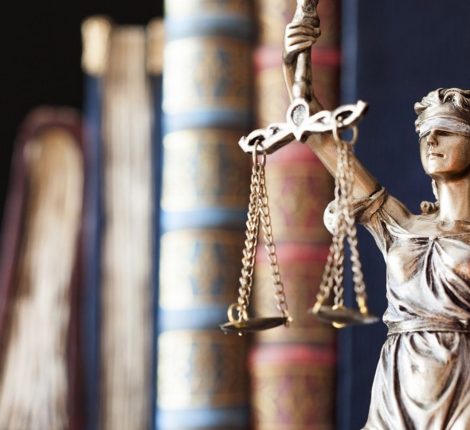- December 6, 2023
- Legal
- Comments : 0
Data Protection and Medical Records
At some point in a person’s life medical attention will be necessary. During the consultation interview, a person gives information about themselves, their age, medical history, symptoms, any treatment given, medication taken, lifestyle and in some cases family history is sought. It means that even during basic consultation for a minor health issue, a significant amount of personal data is shared.
Medical records are very important to the patient, the medical health professional and the facility offering the services. Patient history, clinical findings, diagnostic tests, pre or post operative care, progress reports, drugs prescribed amongst others all explain and help in correct treatment. With medical records, a medical professional has all if not most information needed from you about your health status. The value from a patient point of view is where records are well kept, there is no need to keep repeating your history and treatment plans if you go back to the same facility. And if the facility you go to has branch or satellite unit, that information is accessible off the common database.
From a patient perspective, medical records are proof of the service given or not, so that challenges can be raised in event of billing for a procedure not done. It also indicates the specific care decisions that were made and their reasons. This is helpful too for the doctor treating you in event of any question or challenge to their professional actions. It also allows you to provide clinical information that can be shared to anyone who needs to know (with your permission of course) the nature of your treatment history.
According to section 26 the Kenyan Data Protection law you have the right as a patient to be informed of the use to which your personal data is to be put, to access your personal data in custody of the health facility or doctor, to object to the processing of all or part of your personal data. (In practical terms you can refuse your personal data to be used for training or research) and to correct of false or misleading data; and ask for its deletion.
So don’t hesitate to ask for your medical records, to query what was claimed to be done or even where you need to get a second opinion on your health status.
(If you need further or other information on Data Protection matters, contact us as this brief summary is intended to give rudimentary information and not to be treated as legal advice.)




